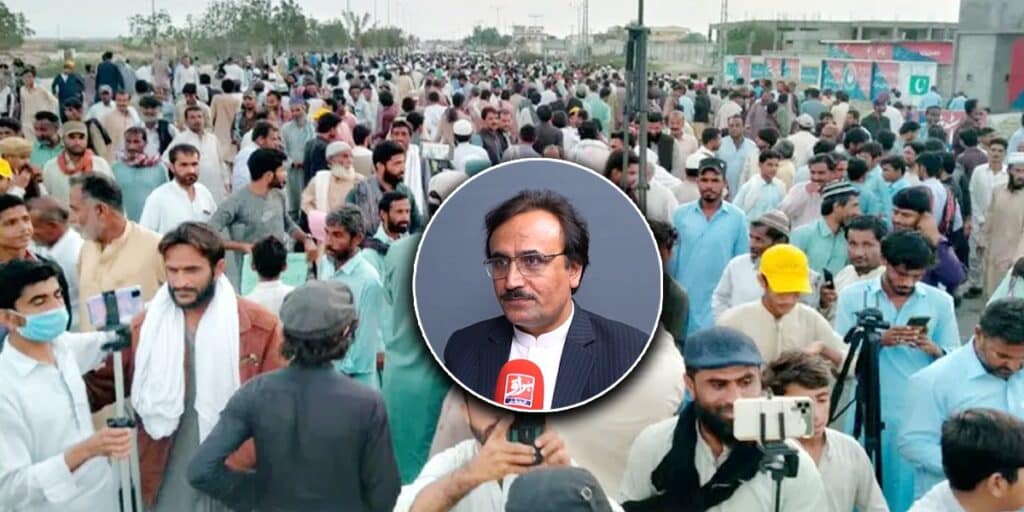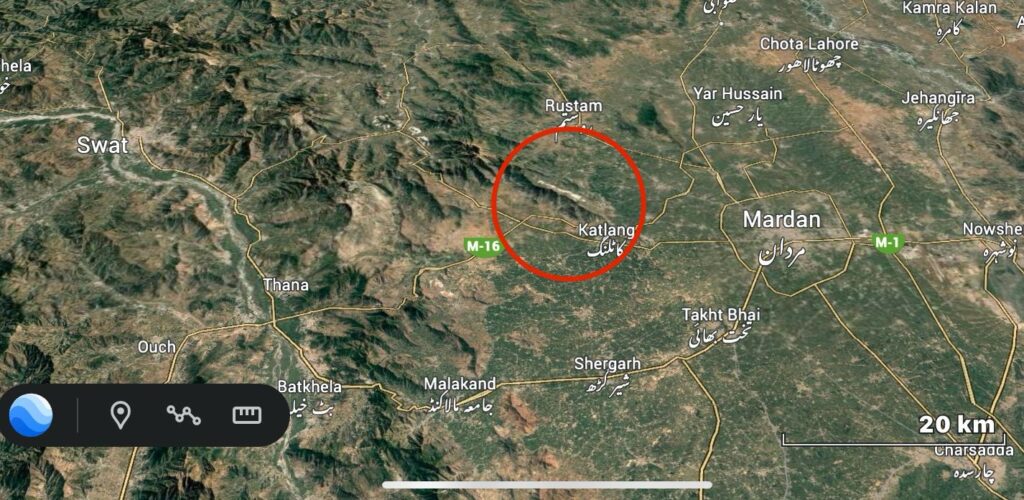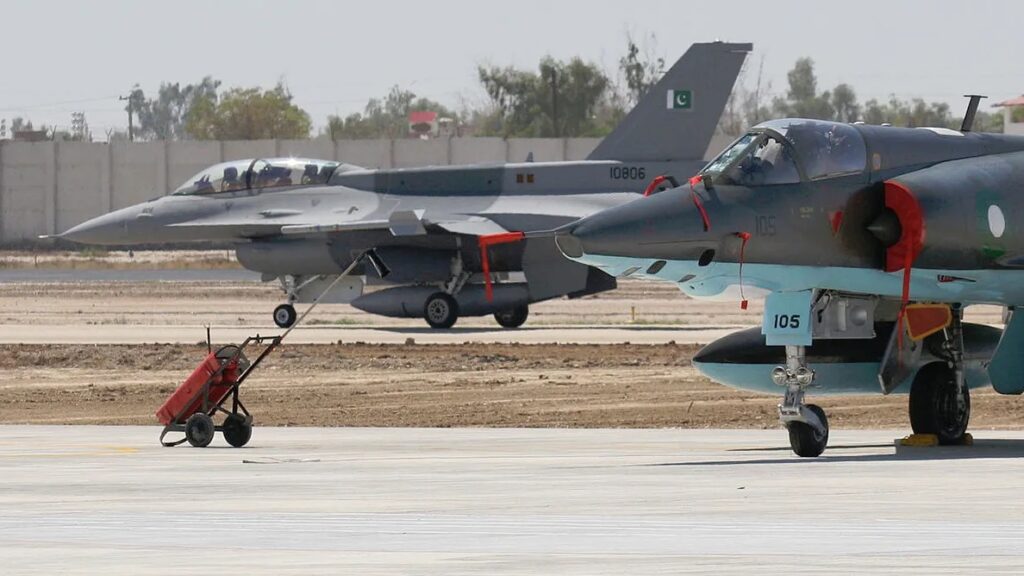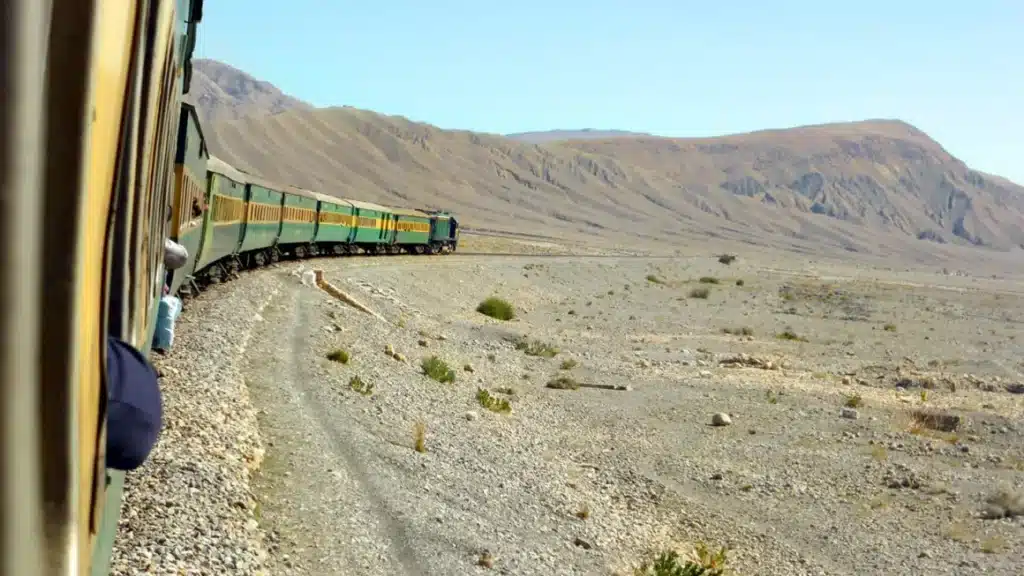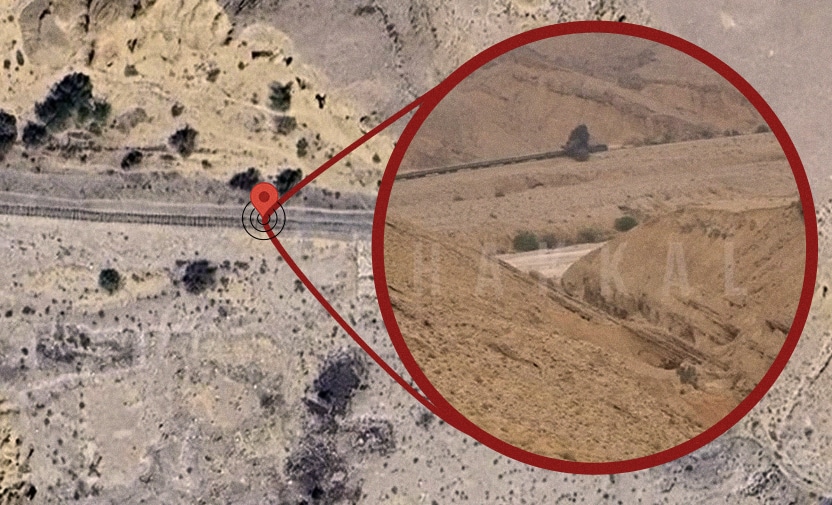By: Abdullah Khan
Balochistan remains one of the most misunderstood regions in South Asia. While the province is rich in resources and resilient in spirit, it has become a battleground — not only in a physical sense, but also in the war of narratives. Among the most tragic trends I have observed is the systematic manipulation and radicalisation of educated Baloch youth by separatist militant groups.
Organisations like the Balochistan Liberation Army (BLA) have, over the past two decades, increasingly targeted university students — young men and women who should have become scientists, teachers, and entrepreneurs — and instead turned them into foot soldiers in a futile insurgency.
Take the case of Shehzad Baloch, a highly educated MPhil scholar. He was once seen giving lectures on topics like “cultural hegemony” under the banner of the Baloch Students Action Committee (BSAC) in Karachi. However, credible social media accounts suggest that he had already joined the ranks of the BLA in 2019, well before his academic engagements in 2020. The question arises: how can someone be both a scholar and a militant at the same time? Why did BSAC platform an individual with such affiliations? Was it ignorance, or complicity?
Then there’s Aftab Jatak, also known by aliases such as Aftab Yousaf Baloch and “Vashin.” He was widely viewed as a social media activist, but was later identified as a member of the BLA’s “Fatah Squad.” According to reports, he was killed in an encounter in 2021. Yet, before his death, his posts and ideas were being openly shared and endorsed by regional BSAC accounts across Khuzdar, Quetta, and even Karachi University.
This dangerous overlap between so-called student activism and militant recruitment poses a grave threat to Balochistan’s future. You are not just losing individuals to violence — you are losing an entire generation’s potential. Instead of contributing to academia, industry, or civil society, these young minds are being reduced to pawns in a conflict that has yielded nothing but death, trauma, and displacement.
Let’s ask the hard questions:
What have these so-called separatist movements given Balochistan in 25 years?
Where are the institutions they built?
What peace, prosperity, or representation did they secure?
All we have seen is a cycle of explosions, killings, and fear. Families shattered, education disrupted, and development paralysed.
This is not to say Balochistan doesn’t have real grievances. It absolutely does — from missing persons to resource distribution, to political marginalization. However, these issues must be addressed through constructive engagement, not by force.
Human rights organizations also need to reflect on their own practices. Supporting or remaining silent about individuals with known militant ties only weakens the credibility of their cause. If you blur the line between a missing person and a declared terrorist, you undermine the legitimacy of the very movement you claim to represent.
Groups like BSAC and BYC must take responsibility. They need to clarify their positions and cleanse their ranks. If they wish to be taken seriously as civil rights platforms, they must distance themselves from militant narratives, rather than becoming ideological extensions of armed groups.
This confusion between activism and insurgency doesn’t just harm Pakistan — it especially harms the Baloch people. It deprives them of authentic representation, development, and dignity.
Balochistan deserves better. It deserves schools, not sabotage. Scholars, not soldiers. Debate, not detonation. Our youth must not be misled into sacrificing their futures for an illusion of liberation that only serves foreign agendas or fringe ideologies.
A Note on India’s Involvement
India’s role in sponsoring instability and backing terrorism in Balochistan is no secret. From funding proxies to running disinformation campaigns, New Delhi has repeatedly tried to internationalise the Balochistan issue while denying its own repressive behaviour in Kashmir.
Recently, India’s foreign secretary claimed that “Operation Sindoor” will continue and that any act of terrorism will be treated as an act of war. This doctrine is dangerous. It essentially threatens all of South Asia with conflict over undefined and potentially fabricated and false flag incidents — like Pulwama — which remain unverified to this day.
While Pakistan seeks regional peace, it will not remain silent if its internal security continues to be violated through proxy wars or covert aggression. The global community must recognise that India’s aggressive posturing and its Hindutva-driven foreign policy are fuelling instability, not just in Kashmir, but across the region, including Balochistan.

